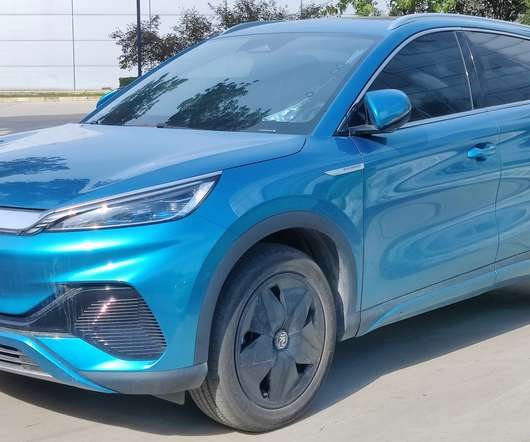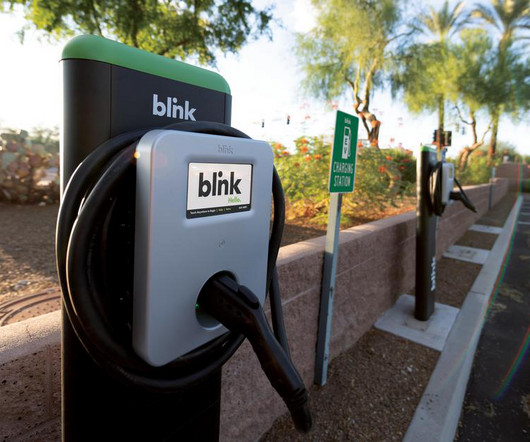Life in a Super Soco: Review of the TC-1900 (Plus, the Future of the Brand)
CleanTechnica EVs
SEPTEMBER 16, 2023
In June 2022, just before the second round of Colombia’s national elections, former President Ivan Duque announced that the de-facto subsidy for gasoline* would be gradually dropped. The decision, thankfully, was approved by the new administration of President Gustavo Petro, and the cost of gasoline started to increase monthly.













Let's personalize your content